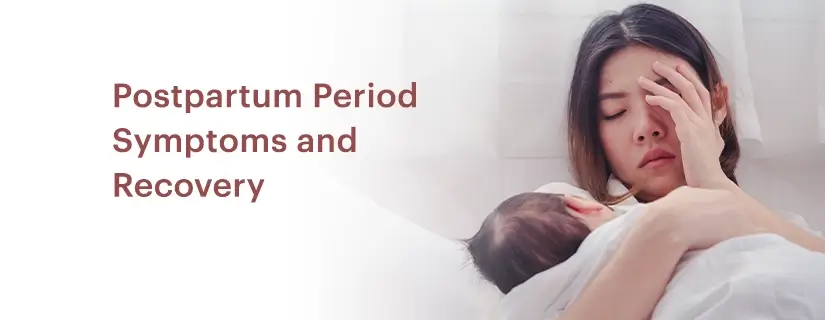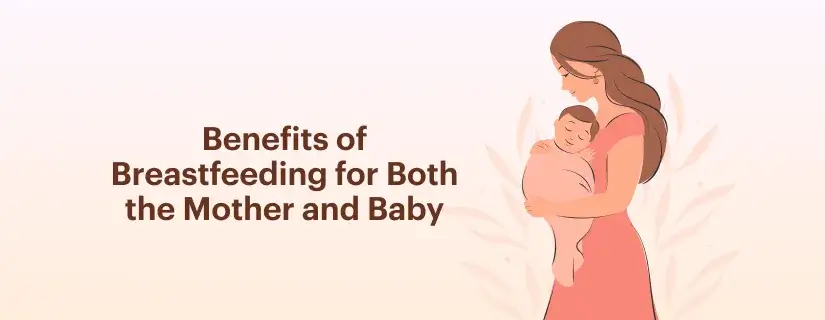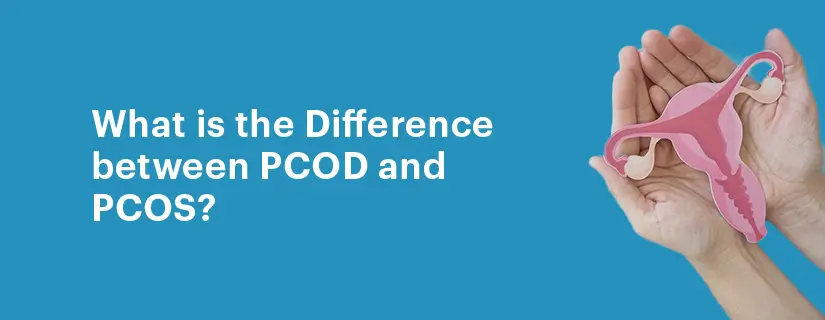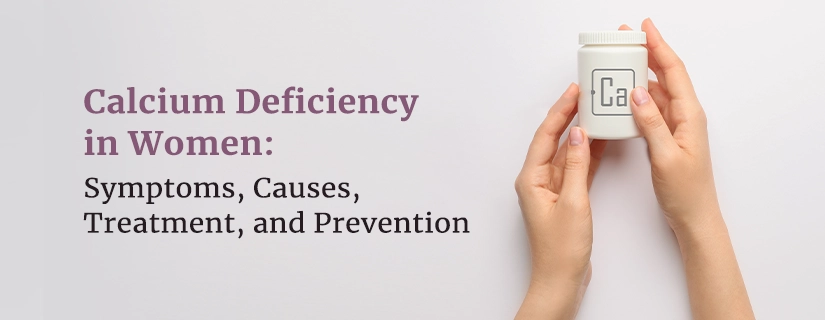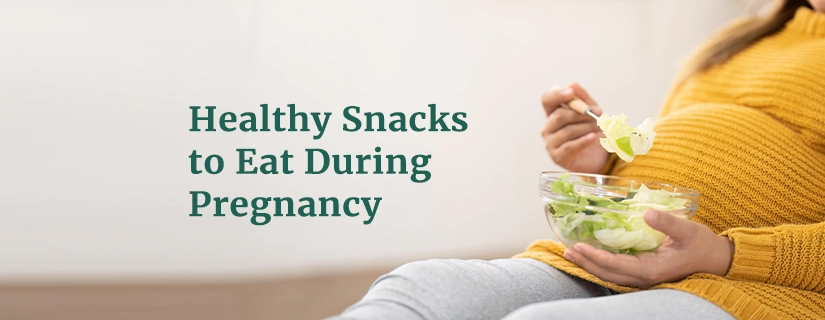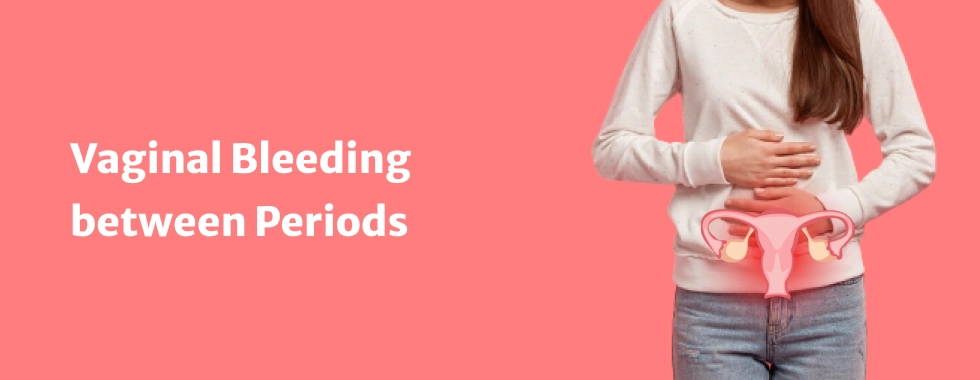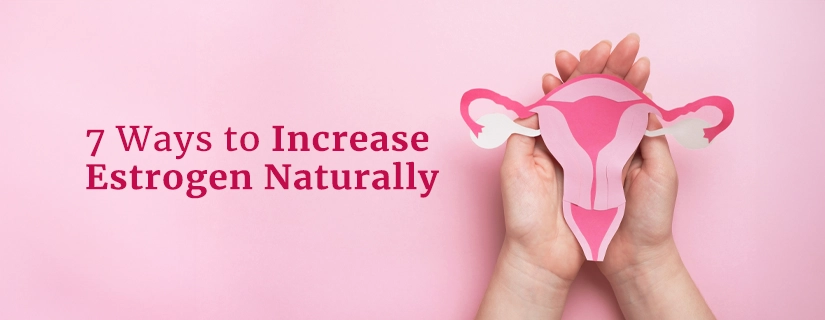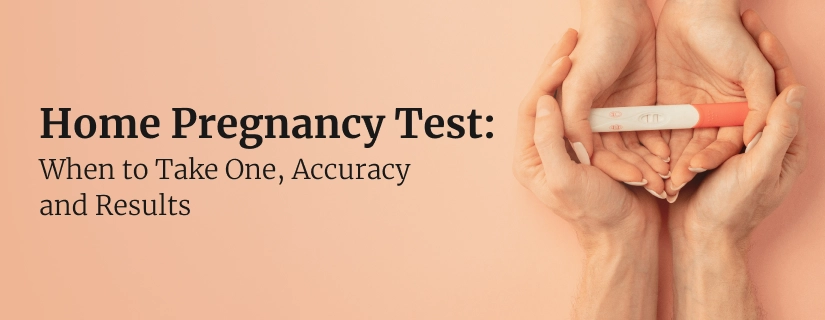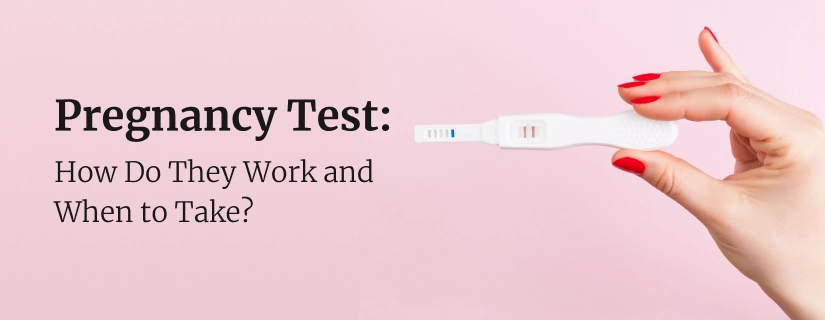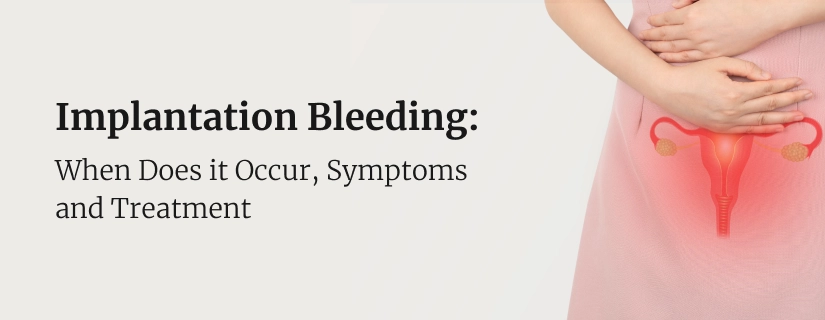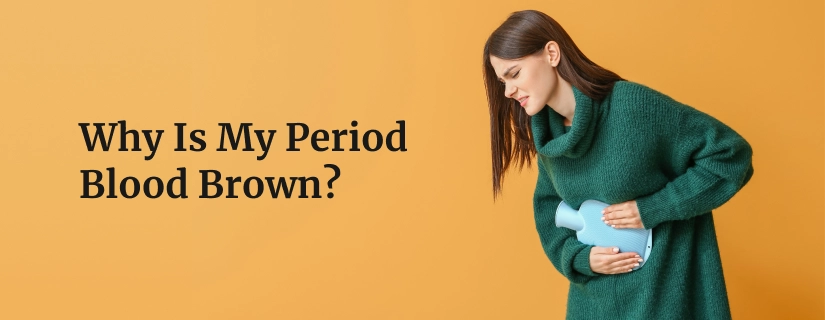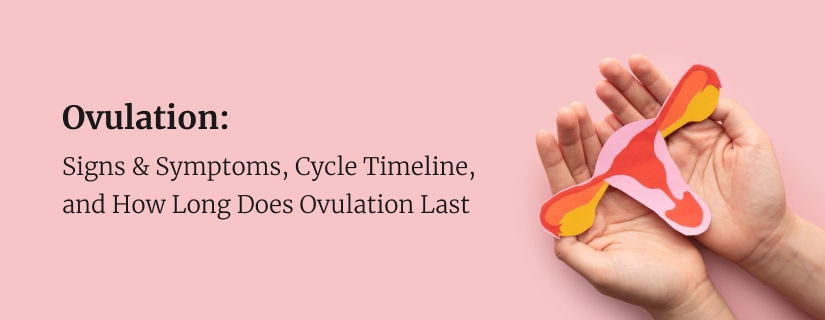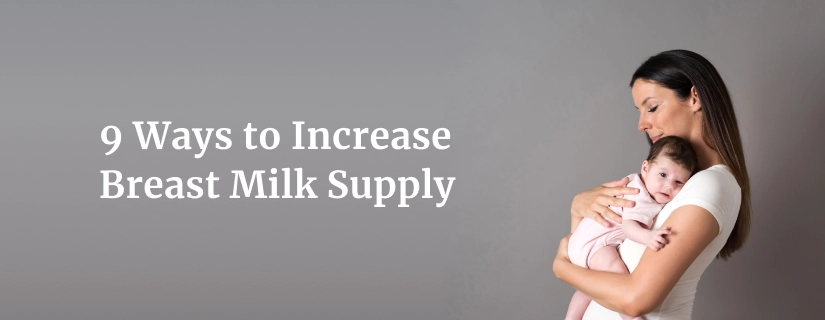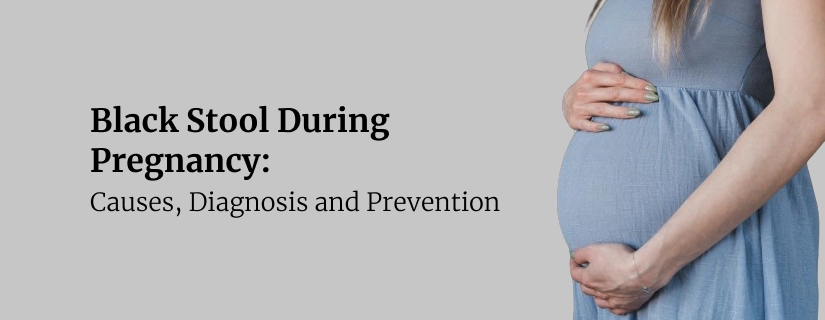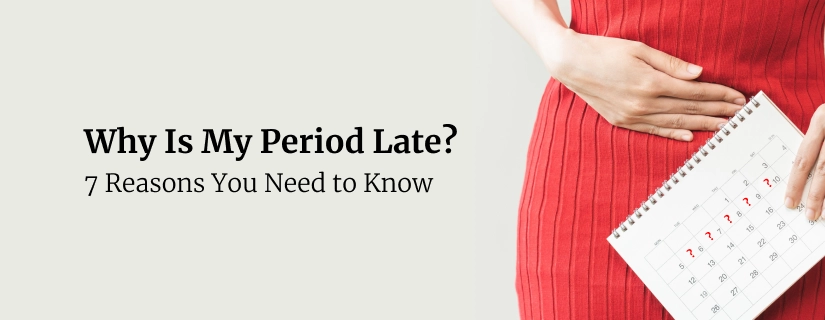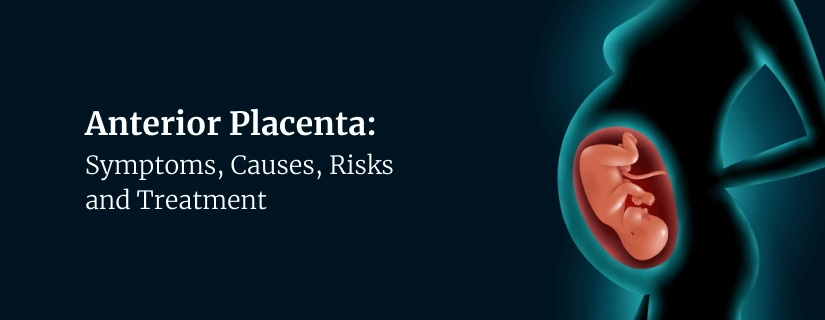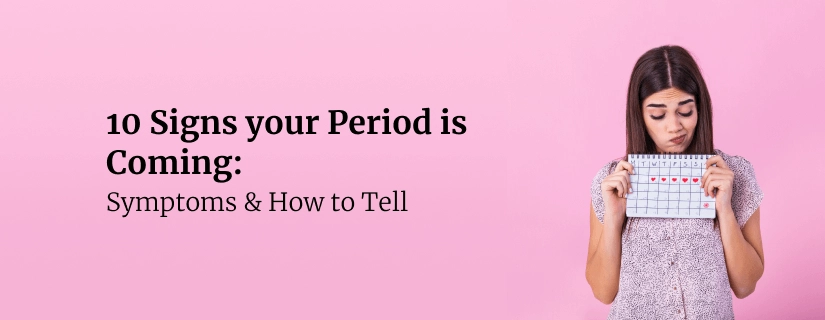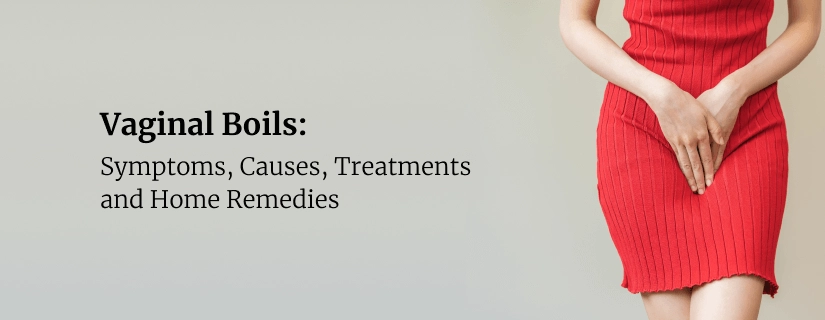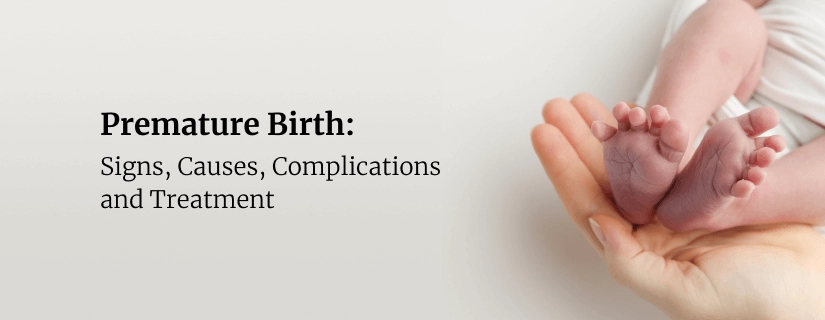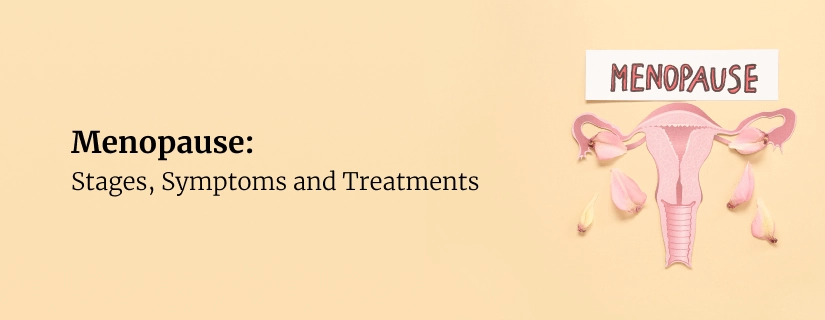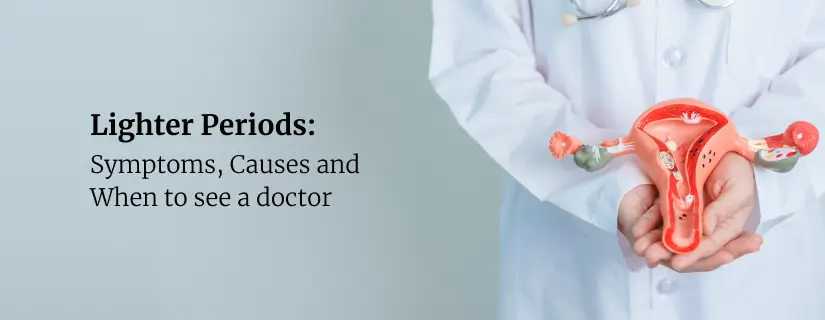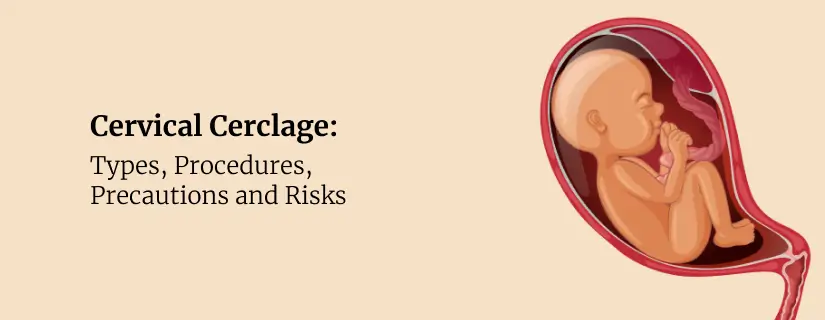-
Doctors
-
Specialities & Treatments
Centre of Excellence
Specialties
Treatments and Procedures
Hospitals & Directions HyderabadCARE Hospitals, Banjara Hills CARE Outpatient Centre, Banjara Hills CARE Hospitals, HITEC City CARE Hospitals, Nampally Gurunanak CARE Hospitals, Musheerabad CARE Hospitals Outpatient Centre, HITEC City CARE Hospitals, Malakpet
HyderabadCARE Hospitals, Banjara Hills CARE Outpatient Centre, Banjara Hills CARE Hospitals, HITEC City CARE Hospitals, Nampally Gurunanak CARE Hospitals, Musheerabad CARE Hospitals Outpatient Centre, HITEC City CARE Hospitals, Malakpet Raipur
Raipur
 Bhubaneswar
Bhubaneswar Visakhapatnam
Visakhapatnam
 Nagpur
Nagpur
 Indore
Indore
 Chh. Sambhajinagar
Chh. SambhajinagarClinics & Medical Centers
Book an AppointmentContact Us
Online Lab Reports
Book an Appointment
Consult Super-Specialist Doctors at CARE Hospitals
Blood Spotting During Pregnancy: Is It Normal?
Updated on 4 January 2024

Table of Content
Spotting during pregnancy can raise unanticipated concerns in expectant mothers, evoking a range of emotions from worry to anxiety. It refers to the light bleeding that some pregnant women may experience. It is not as heavy as a regular menstrual period. It may be pink or red. Some women may experience brown color spotting during pregnancy. Spotting doesn't always indicate a serious problem, and many women who experience spotting go on to have healthy pregnancies. While it is a common occurrence due to various benign conditions, such as implantation bleeding or hormonal changes, pregnant individuals must consult their doctors when experiencing spotting. Sometimes, spotting can also be indicative of more severe conditions, including miscarriage or ectopic pregnancy. Seeking timely medical advice helps assess the underlying cause and ensure the well-being of both the mother and the developing fetus.
What Is the Difference Between Vaginal Bleeding and Spotting?
Most of the women often get confused between vaginal bleeding and spotting. While both involve the release of blood from the reproductive tract, they are different in terms of causality and nature.
|
Bleeding |
Spotting |
|
|
Amount |
It involves a heavier flow of blood. |
It involves light and minimal bleeding. |
|
Color |
Ranges from bright red to dark brown. |
Color is from pink to brown. |
|
Causes |
Associated with more severe conditions, such as miscarriage, ectopic pregnancy, or complications within the placenta. |
Associated with less severe factors, such as implantation bleeding, hormonal changes, or cervix irritation. |
What Causes Spotting During Pregnancy?
Various factors can cause blood spotting during pregnancy, and while some may be normal, others may indicate potential underlying issues that may require medical attention.
Possible Causes of Vaginal Bleeding or Spotting During Early Pregnancy (First Trimester) Include:
- Ectopic pregnancy or when the fertilized egg implants and grows outside of the uterus.
- Implantation bleeding may happen after the fertilized egg implants in the lining of the uterus.
- Miscarriage occurring in the first trimester can also cause pregnancy spotting.
- Sometimes, problems with the cervix, such as cervical infection, inflamed cervix, or growths on the cervix, can also be a cause of blood spots during early pregnancy.
Possible Causes of Vaginal Bleeding During Late Pregnancy (the Second or Third Trimester) Include:
- Premature cervix opening, which can cause preterm birth, may be a cause of vaginal bleeding.
- Miscarriage or intrauterine fetal death can also be a cause of bleeding during the second or third trimester.
- Sometimes, the separation of the placenta from the wall of the uterus may also cause bleeding.
- When the placenta covers the cervix (Placenta previa), it may result in severe bleeding during pregnancy.
- Preterm labor may cause light bleeding, particularly if related to contractions, dull backache, or pelvic pressure.
- Sometimes, cervical problems such as cervical infection, inflamed cervix, or growths can cause bleeding.
- Uterine rupture is a rare but life-threatening condition in which the uterus tears open along the scar line from a C-section and can be a cause of bleeding.
What are the Signs of Spotting During Pregnancy?
Some of the common signs of spotting during pregnancy are:
- It usually happens during early pregnancy.
- The color is usually pink to red. Sometimes, you may experience brown spotting during pregnancy, resembling the old blood or blood at the beginning or end of the period.
- Spotting is often not associated with accompanying symptoms like cramps or pain.
When Should I Worry About Spotting During Pregnancy?
Spotting during pregnancy may not always be a cause for concern. However, sometimes spotting could indicate a potential problem. It is always better to consult a doctor in the following cases:
- heavy spotting during early pregnancy
- sharp or severe abdominal pain along with spotting
- spotting continues for an extended period or is recurrent
- clot-like material along with spotting
- additional symptoms like dizziness, lightheadedness, or fainting
- complications in previous pregnancies
Spotting During Different Trimesters
Spotting during pregnancy refers to light bleeding that can occur at various stages. Here’s a general overview of spotting during different trimesters:
First Trimester (Weeks 1-12):
- Implantation Bleeding: Some women experience light spotting around the time of implantation (6-12 days after conception) when the embryo attaches to the uterine lining.
- Miscarriage: Spotting or bleeding can also be a sign of a miscarriage, especially if accompanied by cramping or abdominal pain.
- Ectopic Pregnancy: In some cases, spotting can indicate an ectopic pregnancy, where the fertilized egg implants outside the uterus, typically in a fallopian tube.
Second Trimester (Weeks 13-26):
- Sexual Intercourse: Spotting after intercourse is more common during pregnancy due to increased blood flow to the cervix.
- Cervical Changes: As the cervix softens (cervical ectropion) due to pregnancy hormones, it can be more prone to bleeding, especially after a Pap smear.
- Infections: Certain infections can cause spotting.
Third Trimester (Weeks 27-Birth):
- Cervical Changes: As the body prepares for labor, cervical dilation or effacement can cause minor spotting.
- Bloody Show: A pink or blood-tinged mucus discharge (bloody show) can occur before labor starts.
- Placental Issues: In the third trimester, spotting can indicate issues like placental abruption (where the placenta partially or completely separates from the uterus) or placenta previa (where the placenta covers part or all of the cervix).
How Will Your Doctor Diagnose Spotting?
To determine the cause of vaginal spotting during pregnancy, a comprehensive assessment of symptoms, including the timing and any associated symptoms, birth control methods, and medical history, is essential.
Doctors usually initiate the diagnostic process with a pelvic examination, typically the first step in identifying potential issues. For women of reproductive age, they may conduct a pregnancy test as part of the initial evaluation.
Sometimes, doctors may prescribe specialized tests, such as Pap smears or cultures, when necessary to gather more information. Sometimes, blood or urine tests may aid in the diagnosis.
They may also utilize imaging studies, including vaginal or abdominal ultrasounds, to enhance the diagnostic process and pinpoint the underlying cause of spotting or bleeding.
Conclusion
Spotting during pregnancy can be emotionally challenging and problematic for many expectant mothers. Implantation bleeding is one of the most common causes of spotting in early pregnancy.
While spotting doesn't always indicate a serious issue, it's natural to feel uneasy. Seeking prompt medical attention and maintaining open communication with your doctor are crucial steps in navigating this uncertainty. Diagnostic methods like pregnancy tests, pelvic examinations, and specialized tests like ultrasounds not only help understand the physical aspects but also provide reassurance and care.
Treatment for spotting depends on the cause. Most of the time, you may not need any specific treatment. Sometimes, your doctor may prescribe antibiotics for infections, fertility-enhancing drugs for PCOS (in case you desire pregnancy), surgery for cervical polyps or uterine fibroids causing bleeding, and birth control pills or hormonal treatments for a more regular menstrual cycle.
FAQs
1. How Much Spotting Is Normal During Early Pregnancy?
Little spotting during pregnancy can be normal, but consult your doctor to determine the exact cause.
2. When Will Spotting Stop During Pregnancy?
Spotting duration may vary. It may be temporary and normal in some cases, while it may have an underlying issue in others.
3. How Do I know if it’s a Miscarriage or Just Bleeding?
Promptly discuss any bleeding with your doctor. They will prescribe the necessary tests and guide you accordingly.
4. When does spotting stop in pregnancy?
Spotting or light bleeding in pregnancy can vary from person to person. In many cases, spotting may occur early in pregnancy and can sometimes continue for several weeks. Generally, spotting tends to decrease and eventually stop as the pregnancy progresses. However, if you experience heavy bleeding, severe cramping, or other concerning symptoms along with spotting, it's important to consult your doctor for guidance and evaluation.
5.Can I have light bleeding and still be pregnant?
Yes, it is possible to experience light bleeding or spotting and still be pregnant. Light bleeding or spotting can occur due to various reasons during early pregnancy, such as implantation bleeding (when the embryo implants into the uterine lining), hormonal changes, or cervical irritation. However, if you are experiencing any bleeding during pregnancy, it's important to inform your doctor to rule out any underlying issues and ensure the health of the pregnancy.
ENQUIRY FORM
SELECT CATEGORIES
-
Neurosciences (16)
-
Neurology (37)
-
Neurosurgery (14)
-
Orthopaedics (48)
-
Oncology (33)
-
Obstetrics and gynecology (51)
-
Pulmonology (23)
-
Urology (20)
-
Nephrology (13)
-
Psychiatry (7)
-
Dietetics and Nutrition (111)
-
General Medicine (63)
-
Cardiac Sciences (30)
-
Vascular & Endovascular Surgery and Interventional Radiology (10)
-
Gastroenterology (46)
-
Endocrinology (23)
-
Plastic Surgery (10)
-
Critical Care Medicine (5)
-
COVID-19 (16)
-
Dermatology (16)
-
Emergency Care (1)
-
Ophthalmology (4)
-
Pediatrics (14)
-
Laparoscopic and Bariatric Surgery (8)
-
ENT (15)
-
Kidney Transplant (1)
-
Liver Transplantation and Hepatobiliary Surgery (5)
-
General Surgery (3)
-
Internal Medicine (5)
-
Medicine Information
Abdominal Pain During Pregnancy: Causes and Home Remedies
Blood Clots During the Period: Is it Normal?
YOU MAY ALSO LIKE
RECENT BLOGS
-

Direct Anterior Approach in Total Hip Replacement: Advantages and Challenges
10 April 2025
Read More
-

Zinc Deficiency: Signs and Symptoms, Causes, Treatment
9 April 2025
Read More
-

Chest Pain When Coughing: Causes, Treatment and Home Remedies
9 April 2025
Read More
-

12 Health Benefits of Eating Mushrooms
8 April 2025
Read More
-

7 Health Benefits of Blood Donation You Should Know About
8 April 2025
Read More
-

Implantation Bleeding Vs Periods: Know the Difference
28 February 2025
Read More
-

Bloating During Ovulation: Symptoms, Causes and Remedies
28 February 2025
Read More
-

Itching During Dengue: Causes, Treatment and Home Remedies
18 February 2025
Read More
Have a Question?
If you cannot find answers to your queries, please fill out the enquiry form or call the number below. We will contact you shortly.







